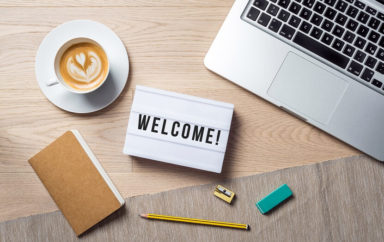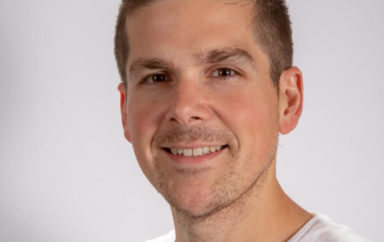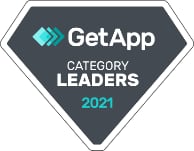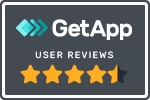Itay Yelin has been with Applitools for more than a year now. He’s an Algorithms Developer on our Computer Vision team, and an avid canyoneer! You can find him in his spare time exploring slot canyons in locations like Jordan and Utah. He’s also a dedicated volunteer at Hoshen, a non-profit LGBT organization promoting acceptance and driving change in Israeli education systems.
At Applitools, Itay is working to push the boundaries of automatic understanding of web pages and applications and is on a mission to help engineering teams worldwide release visually perfect User Interfaces. We sat down with Itay to find out what brought him to choose a career in computer vision, and what an average day for him looks like.
We also picked his brain on what he plans to tackle next.
Itay, can you tell us about your current work at Applitools?
I joined Applitools last August. Since then I have been researching how we can improve on paragraph algorithms and visual text parsing algorithms. The way that this relates to the Applitools product: our product tries to understand content from an AI perspective. To be able to detect visual bugs that are critical, we are teaching a machine not only to differentiate text from photos, but also recognize more sophisticated page elements like paragraphs or product descriptions for example, if its a commercial site. When we’re understanding the page structure we can detect the most critical bugs, if there are any, and alert the user.
This is a highly complicated task to research, and I find it challenging because it was never done before: you find yourself oftentimes faced with an ambiguous situation from which you start translating product problems into actual algorithms.. It is fascinating work.
Can you tell us about your background? How did you get started in Computer Vision and Algorithms research?
I’ve done my Masters thesis at Tel Aviv University, as a collaborative work with Yale University. I was researching multi-modal sensor registration, and after I graduated, I spent a few years in the industry working for medical startups. Among other projects, I developed 3D segmentation of arteries and researched image tracking algorithms. It was there where I gained most of my knowledge of computer vision and image processing.
What motivated you to apply to Applitools?
What Applitools develops is unique, I’ve never heard about a company trying to tackle the same challenge and it sparked my interest. The set of problems we encounter here are new, so I can say I was intrigued by the challenge, but at the same time excited about the people behind the company. After coming onsite for my interviews, I was looking forward to being part of this team: they seemed like a group of smart folks, that are fun to work with. Our group leader, Ram Nathaniel, is an incredible person, he’s great as a mentor, who truly sets a high bar for professionalism and I find this is the best way to improve my skills.
What surprised you most about Applitools?
I would say the willingness to be open to changes in architecture, given the restriction of the way the algorithm is built. What is unique about the way our team works is the special attention put into writing robust efficient clean code and strictly keeping a clean process, it reduces a lot of the stress that other algorithms teams experience sometimes. It allows me to work in a more relaxed and organized manner.
What does a typical day look like for you?
Our mornings usually start with team sync over coffee or breakfast. Then we start prioritizing the day’s work, this is a startup and things are constantly changing. We need to keep close communication methodologies and discuss between us what we work on. I love the small breaks we take during the day, every time you’re grabbing a cup of coffee you’ll easily find someone friendly to talk to and this is a great opportunity to interact with folks outside our team. There are team members here with intriguing hobbies and areas of interest that I very much enjoy connecting with and learning more about. The levels of discussions we find ourselves diving into are intriguing. This is especially great as people here come together from very different types of backgrounds (some come from religious backgrounds, some relocated from other countries, etc). Across the board, it feels like everyone is genuinely friendly, open, and very passionate about teamwork.
What can we find you doing outside of work?
I like to spend my free time climbing or volunteering. Over the weekends, I sometimes organize hikes for my LGBT outdoor group or indulge my passion for canyoneering in the Israeli desert.







